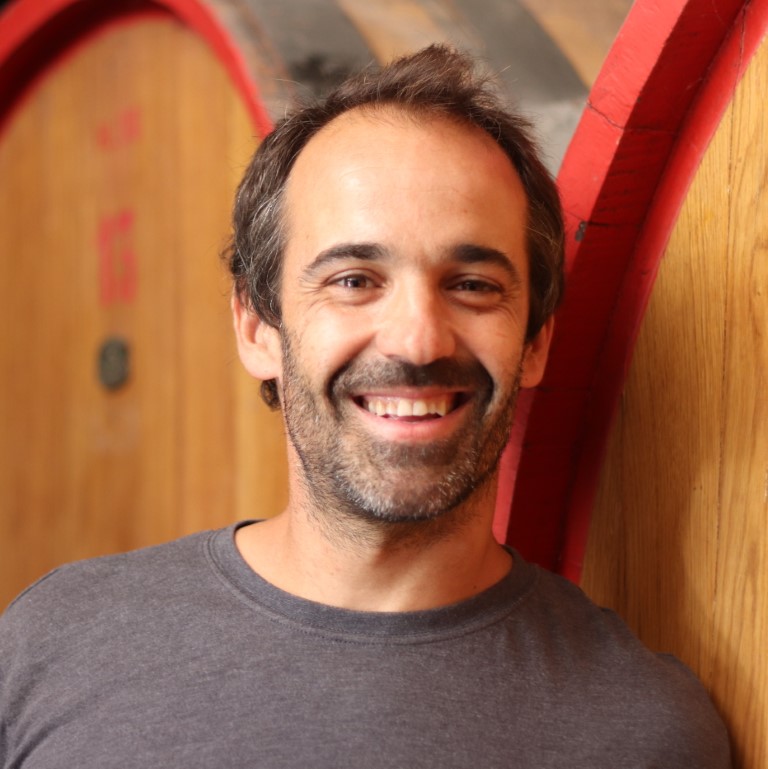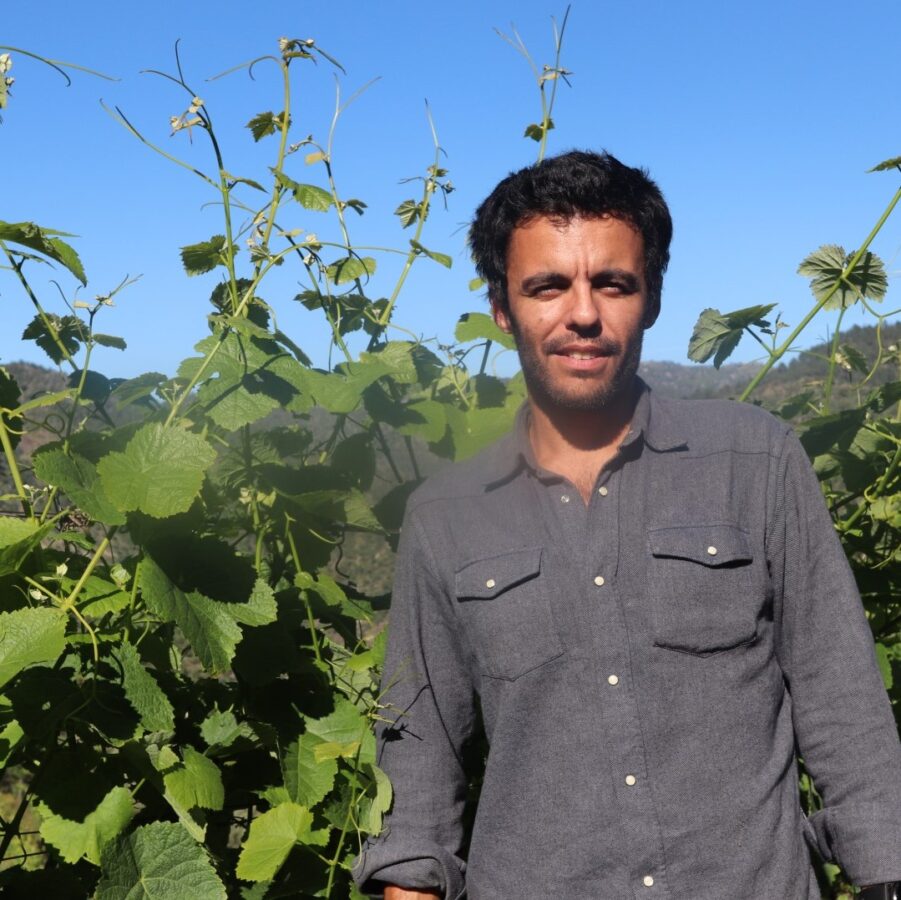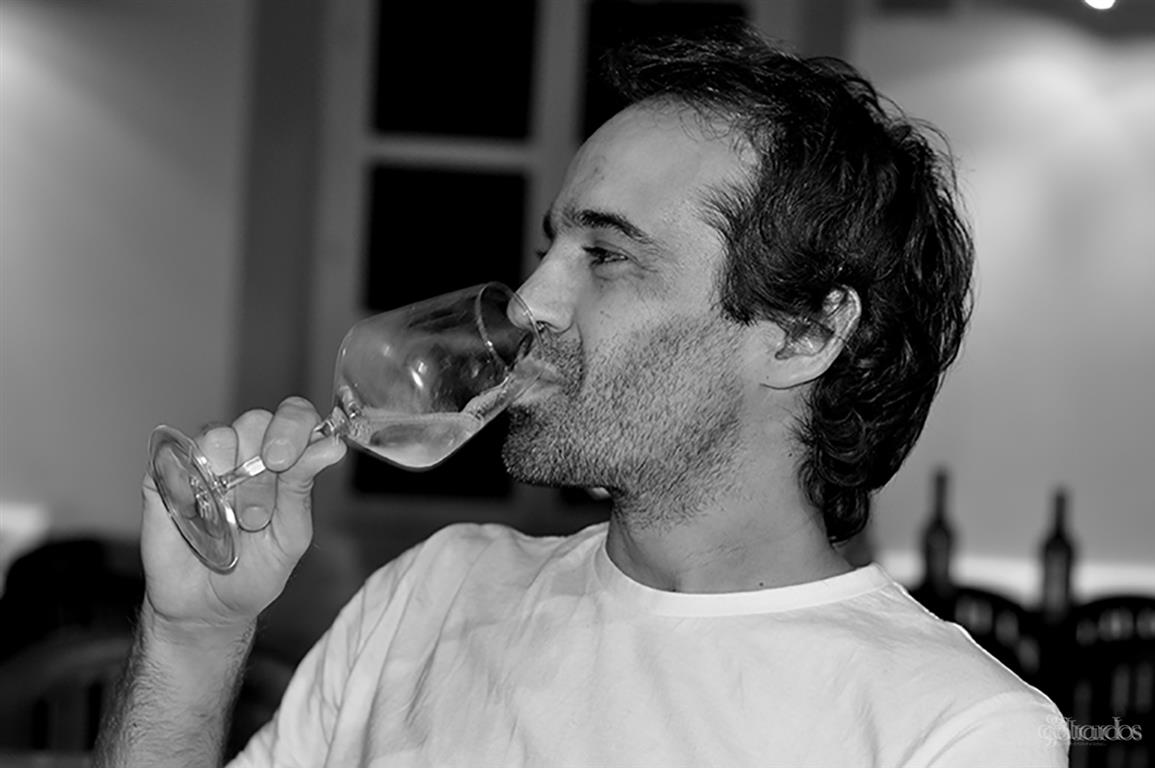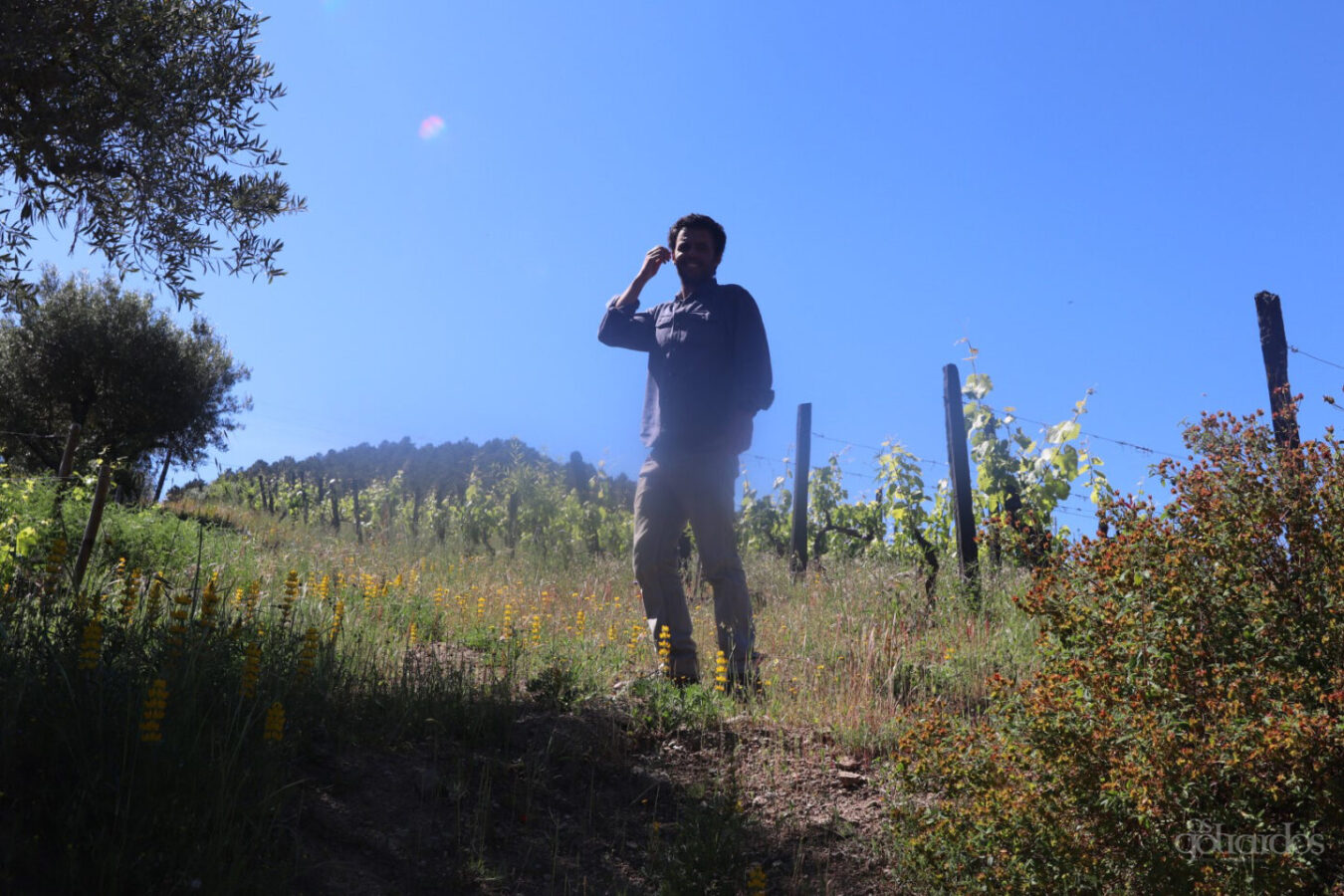With Tiago Cartageno from Quinta Vila Rachel in Douro and Rodrigo Filipe from Encosta da Quinta, in Lisbon



Sulphites have been added to wine-making processes since ancient times as a preservative, due to their antioxidant and antibacterial properties. It has a fixing effect that in excess can petrify the wine, preventing it from evolving. We also know that it is largely responsible for headaches the next day and that there are people who are allergic to sulphites, which is why at the beginning of the new millennium it became compulsory to state whether or not the wine contains sulphites. Perhaps because it was the only compulsory labelling apart from the alcohol level, it became a subject of strong debate, creating anti-sulphite and sulphite-friendly movements. Curiously, sulphites are used in so many food products, such as nuts, jams, fruit juices and various preserves, but they go unnoticed by the staunch defenders of the various movements. It should also be remembered that naturally fermenting must in an anaerobic situation (deprived of oxygen) produces sulphites, and as such, even wines without added sulphites often contain sulphites in low quantities.
And what is the impact of adding or not adding sulphites on the taste of a wine? What are the arguments for adding or not adding sulphites, but above all in what quantities, and many more questions arise: in what form is it added? When is it added?
We know that wines without added sulphites are theoretically more unprotected from oxidative or bacterial phenomena, and therefore more likely to create volatile acidity and develop some instability (some microorganisms). For this reason, making wines without added sulphites that preserve identity is a challenge that is not for everyone nor anywhere. It requires high quality grapes, very careful and rigorous winemaking and in-depth knowledge of the terroir. For this reason, the fashionable terminology of minimal intervention wines seems to us to overlook the complexity of the process.
To fuel the debate, we invited two Portuguese producers who make wines without added sulphur dioxide to find out their motivations and questions. There are very few in Portugal who do this, and Tiago and Rodrigo already have some experience of these practices.
Join us for this de-tasting-bate!

Tasting with reserved seating, 20€/person paid by mbway or transfer
Mandatory reservation to golias.goliardos@gmail.com
For those taking part in the tasting and on the day of the tasting, all the wines from the producers at the tasting will have a 20% discount off the aficionados’ list
In the event of cancellation, please notify us 24 hours in advance. Otherwise, the amount cannot be refunded.
Humus

Rodrigo Filipe was a forgotten beauty who made his wines in his own little corner, on the slopes of the 10-hectare Quinta do Paço in Alvorninha, somewhere near Caldas da Rainha, with no contact with the world of wine, digging a few surfing waves in between and pruning his piano. A self-taught wine connoisseur, he made natural wines, without the addition of chemicals in the vineyard and cellar, not because they were fashionable around the world, but because it was naturally what he was driven to do. Today, fashion is chasing him, but his spirit remains as light and airy as his hillsides. He carries out organic farming and natural winemaking, with very personal experiences, completely “out of the book”, in an artisanal and intuitive way, to make wines from the land, Atlantic, light and fresh, with the Fernão Pires, Arinto, Castelão, Syrah and Touriga Nacional grape varieties, with wild, salivating and savoury mouths. A man with calluses, Rodrigo dedicates himself body and soul to his various passions. His wines convey his simplicity of spirit, creating controversies that he himself does not create, with energy and a lot of truth.
Vila Rachel

Tiago Cartageno is the sixth generation of the family farm that was set up in São Mamede de Ribatua by sculptor José Joaquim Teixeira Lopes and his wife Rachel Pereira de Meireles in the 1880s. In a family where art has always been important, Tiago also started out in that direction, but while travelling around the world he felt the call of the Douro and a desire to change modern practices. In 2015 the conversion of the farm to organic farming began and in 2017 Tiago carried out his first harvest on his return to the land. An adept of the syntropic farming methods he discovered in Brazil, Tiago favours the cohabitation of various plant species, shrubs and trees, letting trees grow alongside or inside the vines and looking for a great diversity of crops that accompany the vines, such as olive trees, citrus trees, hazelnut trees, apple trees, cypress trees and pine trees. In line with this approach, the farm is tended according to the principles of organic farming in order to emphasise all the life that this rich ecosystem contains.